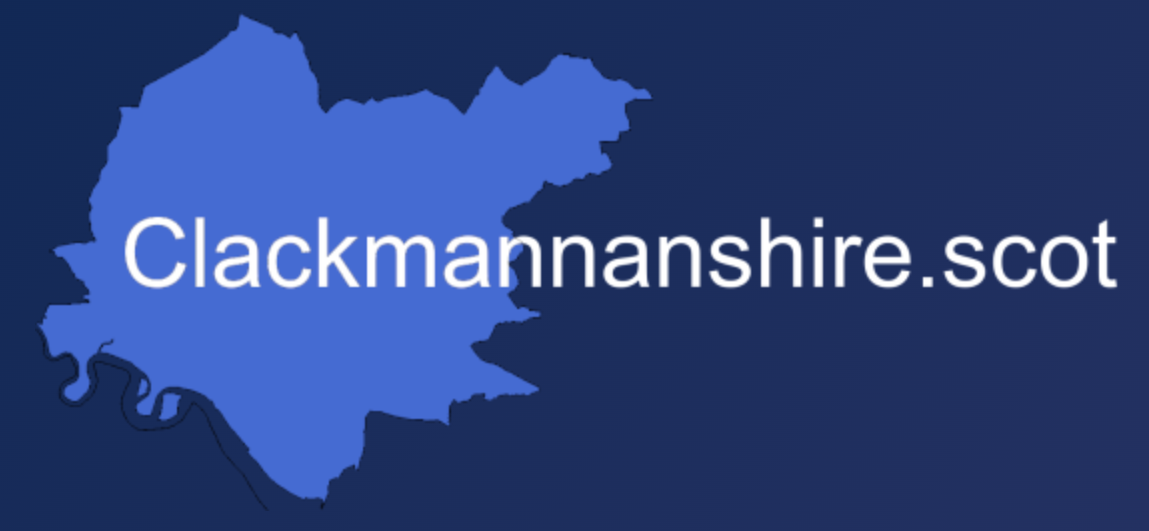William McEwan (16th July 1827 – 12th May 1913) was born in Alloa, Scotland, the third child of Alloa ship-owner John McEwan and his wife Anne Jeffrey. Educated at Alloa Academy, McEwan worked for the Alloa Coal Company and merchants Patersons. He worked in Glasgow for a commission agent and then as a bookkeeper for a spinning firm in Yorkshire.
From 1851 he received technical and management training from his uncles, John and David Jeffrey, proprietors of the Heriot brewery in Edinburgh. In 1856, he established the Fountain Brewery at Fountainbridge in Edinburgh with money from his mother and his uncle, Tom Jeffrey. After growing sales in Scotland, exports were made to Australia, South Africa, New Zealand and India, with McEwan's having 90% of sales in north-eastern England by the turn of the century.
His older sister Janet married James Younger, an Alloa brewer and their son William joined his uncle's business as an apprentice. When William McEwan entered politics in 1886, William Younger became the firm's manager and eventually managing director.

William McEwan and Co. Ltd was registered in July 1889 as a limited liability company to acquire the business at a purchase price of £408,000. The company acquired the trade and goodwill of Alexander Melvin and Co. of the Boroughloch Brewery, Buccleuch Street, Edinburgh in 1907. It merged with William Younger and Co. Ltd, Abbey Brewery, Holyrood Road, Edinburgh to form Scottish Brewers Ltd in 1931. That company merged with Newcastle Breweries Ltd in 1960 to form Scottish & Newcastle Breweries Ltd. The Fountain Brewery was closed at the end of 2004.
William McEwan served as a member of parliament for Edinburgh Central from 1886 to 1900 and funded the construction of the McEwan Hall at the University of Edinburgh at a cost of £115,000, which opened in 1897. He was a member of the Liberal Party and was returned unopposed to mthe Edinburgh Central seat in 1895 and continued to serve until 1900. He became a Privy Counsellor in 1907, but declined a title.
McEwan was presented with an honorary doctorate and the freedom of the city of Edinburgh. He also presented paintings to the National Gallery of Scotland.
